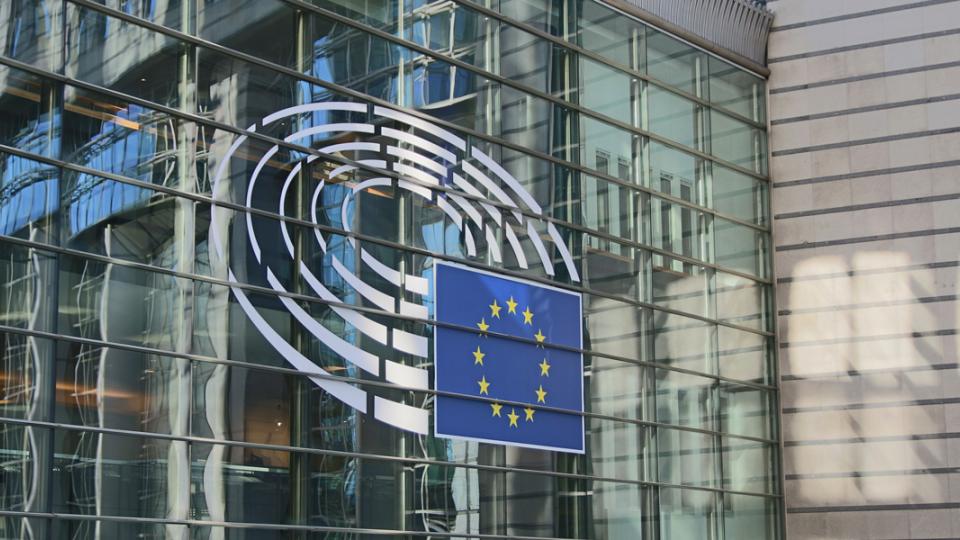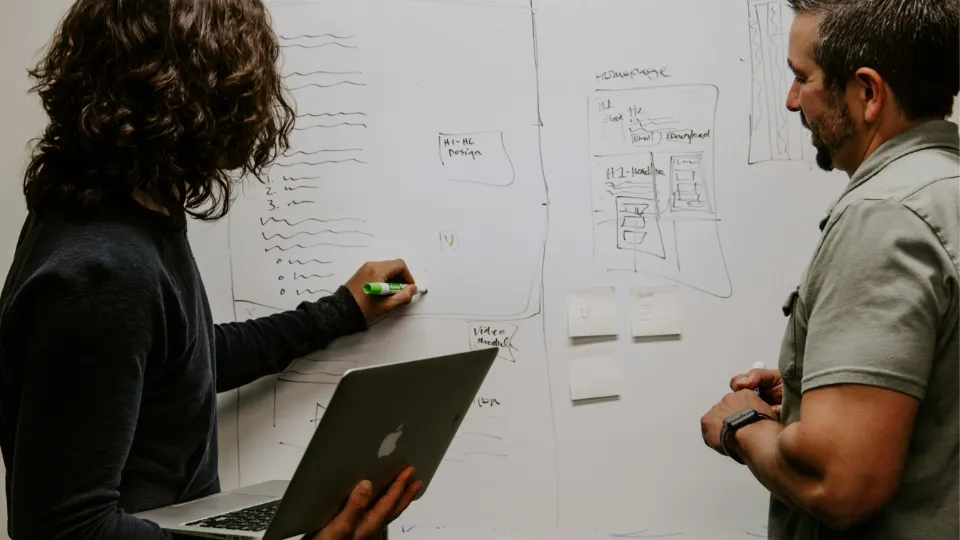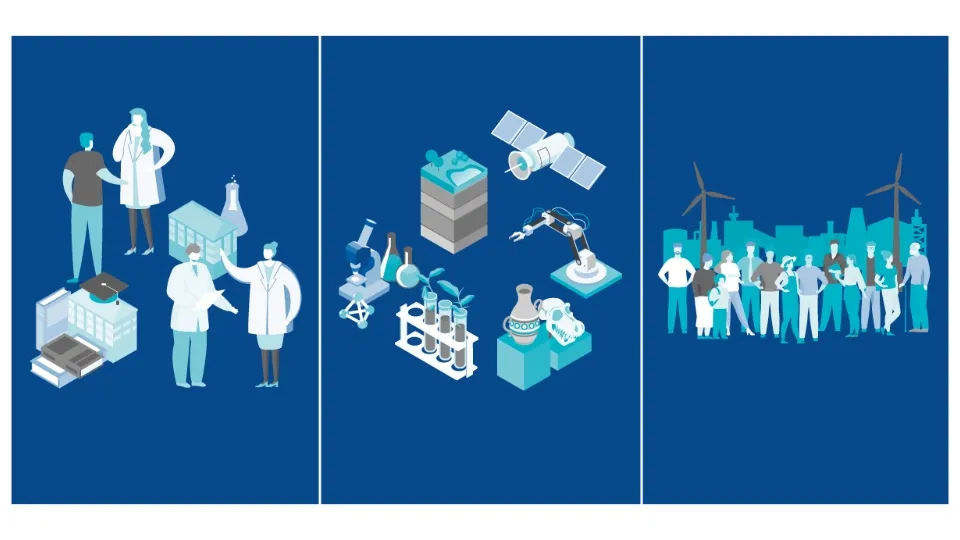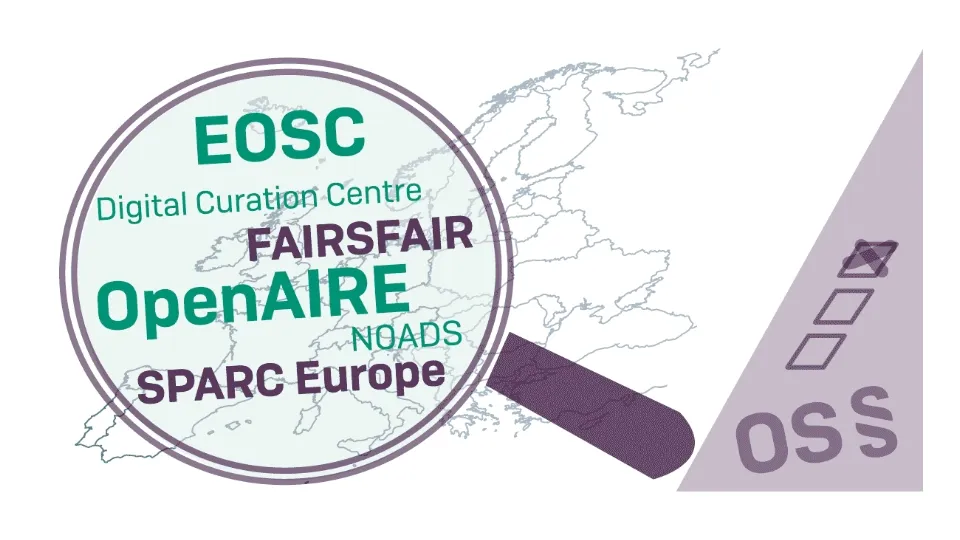In April 2020, the Open Science Policy Platform (OSPP, also EUOSPP) presented its final report “Progress on Open Science: Towards a Shared Research Knowledge System”.
What was the role of the OSPP?
The OSPP consisted of 25 representatives of the most important relevant European open science stakeholders (except business and industry community). This high-level advisory group was set up in 2016 by the European Commission’s Directorate-General for Research and Innovation. Its role was to advise the European Commission on how to develop its Open Science Policy. It also supported policy implementation by reviewing best practices, drawing policy guidelines, and encouraging their active uptake by stakeholders. In particular, the OSPP was in charge of working with other high-level expert groups on very specific topics and bringing the stakeholder’s perspective into their recommendations.
OSPP final report
The final report provides a brief overview of the four-year work (two mandates) of the platform. It draws up recommendations for the Commission and analyses the status of implementation of open science practices. It also describes progress made and barriers imposed on Open Science implementation by each different stakeholder community over the past two years.
The report identifies three ambitions with high disparities between stakeholders (research integrity, skills&education, citizen science), which suggests a need for further discussion to develop common views on the challenges. Another urgent issue is the role of open science in public-private partnerships and “the dilemma faced by business and industry in adopting Open Science practices and principles whilst fulfilling requirements for Intellectual Property Rights (IPR) and commercial practices”. Here, the OSPP recognises that it is difficult to address the challenges faced by the business and industry community who are not represented among the OSPP stakeholders.
In conclusion, the OSPP experts call upon the EU Member States and all relevant actors in the private and public sectors to undertake broader systemic efforts and coordinate their strategies. The report encourages them to move beyond Open Science to co-create a “research system based on shared knowledge by 2030”, identifying five priorities:
- An academic career structure that fosters outputs, practices, and behaviors to maximize contributions to a shared research knowledge system.
- A research system that is reliable, transparent, and trustworthy.
- A research system that enables innovation.
- A research culture that facilitates diversity and equity of opportunity.
- A research system that is built on evidence-based policy and practice.
In this report, stakeholders are divided into the following groups: Universities & Research Organizations, Scientific Societies and Academies, Research Funding Organizations, Policy-Making Organizations, Citizen Science Organizations, Publishers, Open Science Platforms and Intermediaries, Research Libraries, and Researchers.
Methodology:
The report does not strive to provide a consensus view but rather shows stakeholders’ opinions along the eight identified core areas (“ambitions”) identified by the EU Commission: 1) rewards and incentives, 2) indicators & next-generation metrics, 3) future of scholarly communications, 3) European Open Science Cloud (EOSC), 5) FAIR data, 6) research integrity, 7) skills & education, 8) citizen science.
Each stakeholder community evaluated the level of progress for each ambition according to 5 categories (discussion, planning, implementation, adoption, and common practice). For each ambition, 2 to 4 recommendations were made.



